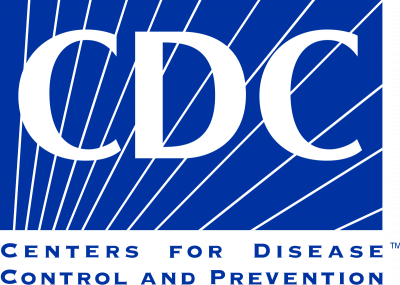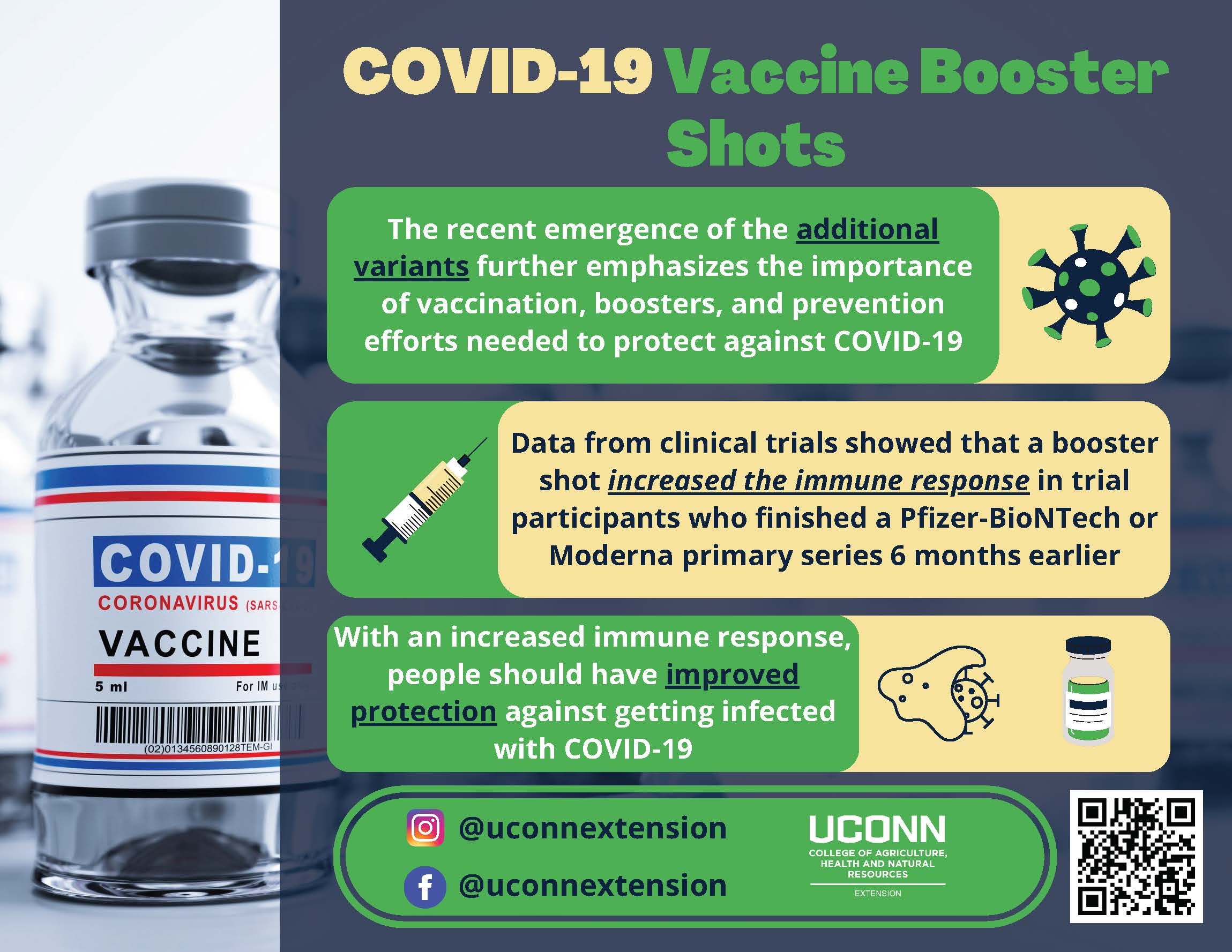
- Extension & Outreach
- Extension Programs
- Enhancing Health
- UConn Strengthening Immunization Excitement
UConn Strengthening Immunization Excitement
UConn Extension received funding to strengthen immunization excitement in Connecticut through a grant funded project by USDA-NIFA and the CDC. The UConn project focuses on residents in Windham, Middletown, East Hartford, Mashantucket, and Groton.
The Centers for Disease Control and Prevention (CDC) provided $9.95 million in funding to the U.S. Department of Agriculture’s National Institute of Food and Agriculture (NIFA) to support an innovative approach to community education and partnerships to advance adult immunization. This is the two agencies’ first concentrated vaccine education effort.
Our secondary cities continue to be underserved in statewide public health initiatives, and COVID immunization levels in Connecticut align with this trend. While our state is relatively successful in our initial immunization efforts, pockets of underserved audiences exist at the first level of vaccination.
Our goal is to strengthen excitement for immunization in our five secondary cities in Connecticut. We are working with stakeholders to understand the barriers, identify key community influencers, create target social media and print media to increase vaccine awareness, efficacy, and safety and willingness to obtain vaccination.
Safe and effective vaccines are America's best protection against COVID-19. Join the millions of others who are getting the COVID-19 vaccine for themselves, their families, their communities, and so much more. Find vaccines near you at vaccines.gov. #WeCanDoThis
Your Vaccine Questions - Answered
Which COVID vaccine should I get?
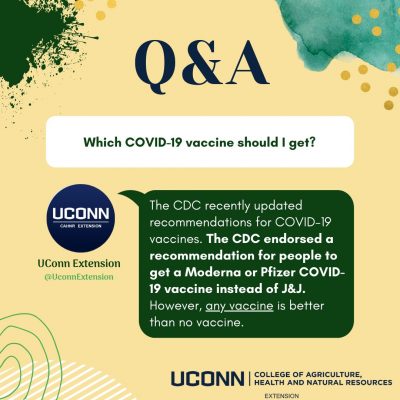
How are vaccines developed and regulated?
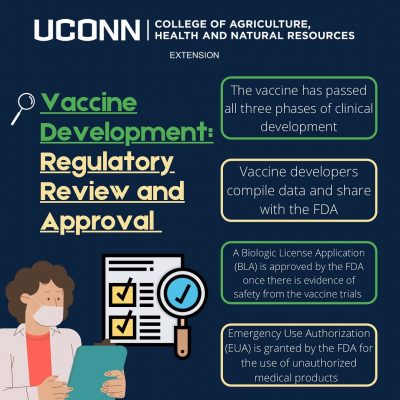
After the vaccine has passed all three phases of clinical development, the next stage in vaccine development is regulatory review and approval. Learn more about what this stage entails!
Vaccine Immunity versus Natural Immunity
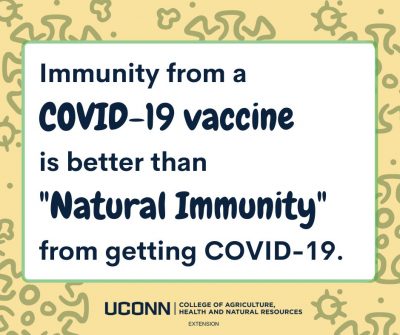
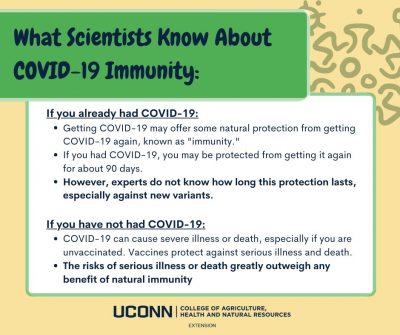
Vaccines and illness both give you antibodies to fight COVID-19. The biggest difference? COVID-19 carries risk of serious illness and death, especially for the unvaccinated. COVID-19 vaccines *protect* against serious illness and death.
Get a COVID-19 vaccine and booster to protect yourself and your community.
Is the information on social media accurate?

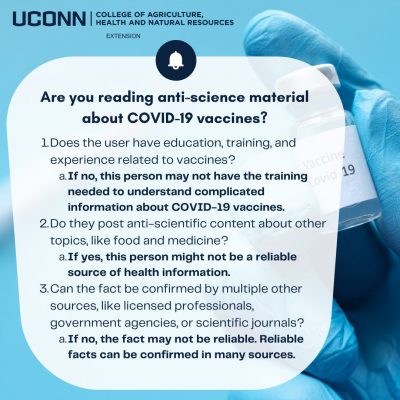
There is a lot of misinformation on social media. Many of us read misinformation without even knowing it! This is why it is important to question what you read online, especially when the information relates to COVID-19 vaccines.
Have Questions about the COVID-19 Vaccine? Here is a quick Q & A
Still unsure about getting the COVID-19 vaccine? We are here to make sure your questions are answered!
What does the science really say about the Pfizer-BioNTech COVID-19 vaccine?
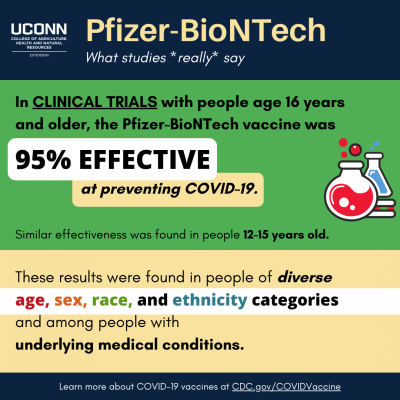
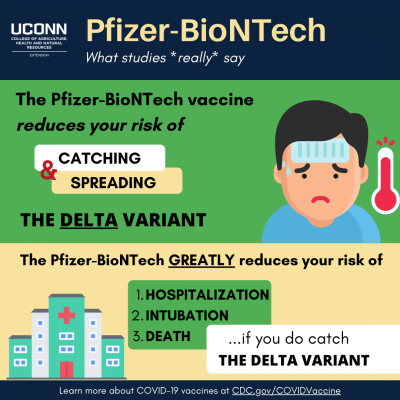
Is the COVID-19 vaccine recommended during pregnancy?
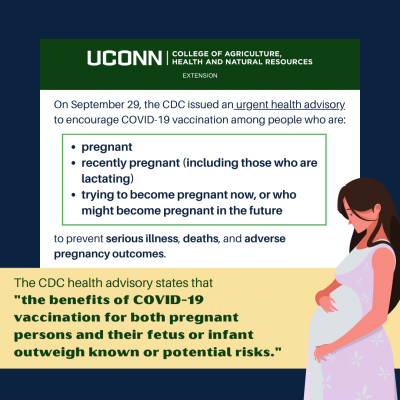
How does the mRNA vaccine work?
Curious about the different types of vaccinations? Perhaps you’re familiar with the mRNA vaccine, but there’s more than one kind! Learn more about each by exploring the three we discuss.
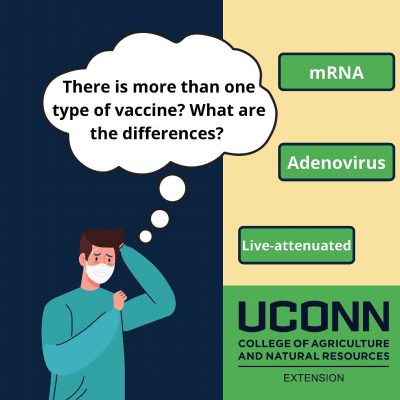
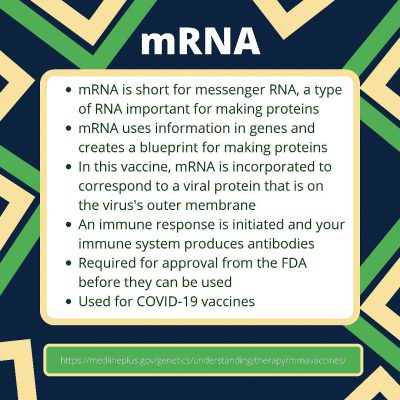
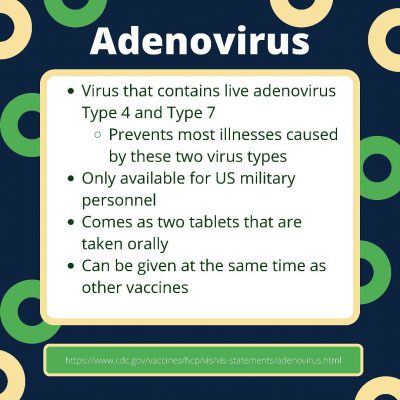
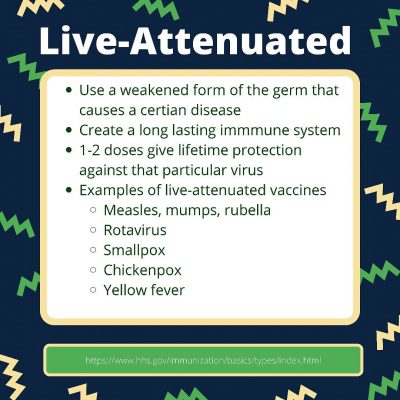
Do vaccines cause autism?
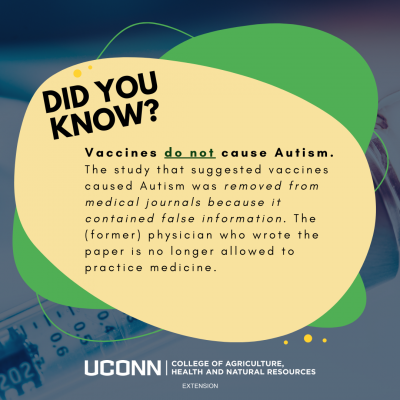
Booster Shots: What You Need to Know
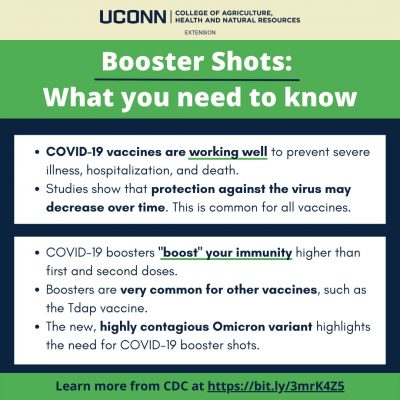
COVID-19 vaccines work. COVID-19 boosters help them work even better. When are you getting your booster?
How are vaccines manufactured?
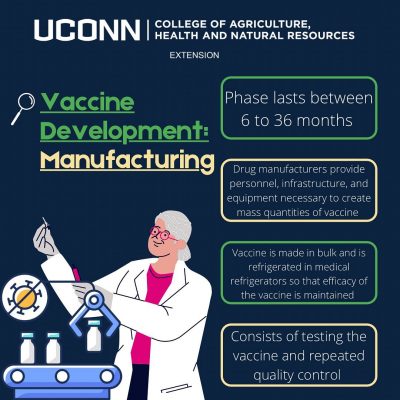
First there is regulatory and review stage of vaccine development. The next stage is the manufacturing process. Learn more about what this stage consists of!
Who is eligible for a booster shot?
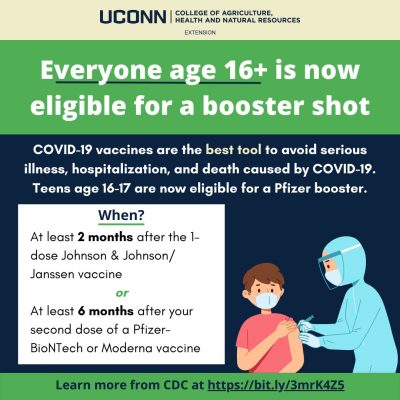
Did you hear? The CDC states that everyone age 16+ is now eligible for a booster shot!
Why do the COVID recommendations keep changing?
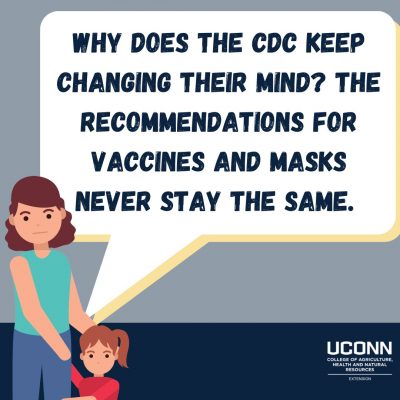
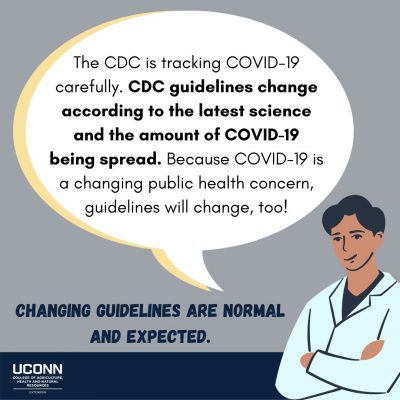
PSA!
Public health guidelines change when science changes. When @CDCgov and other public health officials change their guidelines, it means that they are paying attention to the science. This is GOOD! Following public health guidelines can help keep you and your family safe.
How did the COVID-19 vaccines get developed?
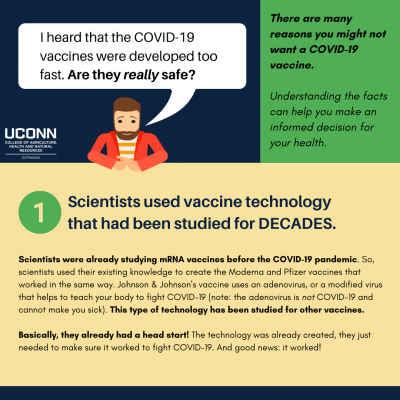
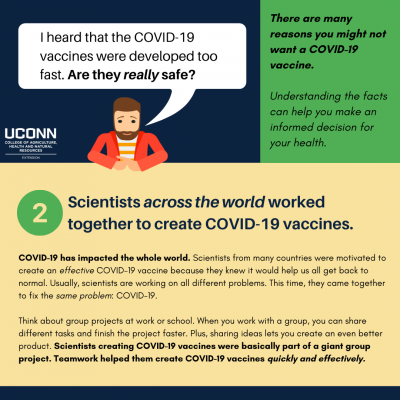
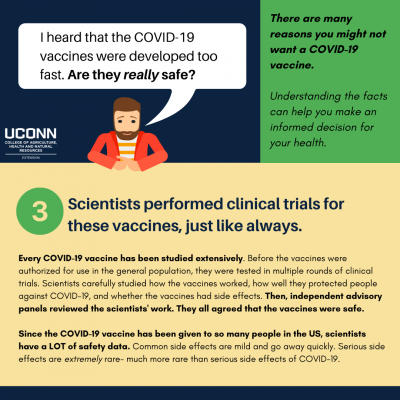
Who makes the COVID-19 vaccine?
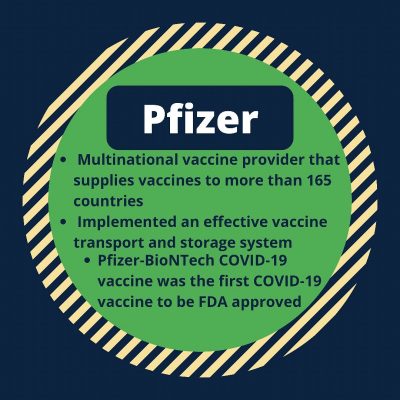
What are the different types of COVID-19 vaccines?
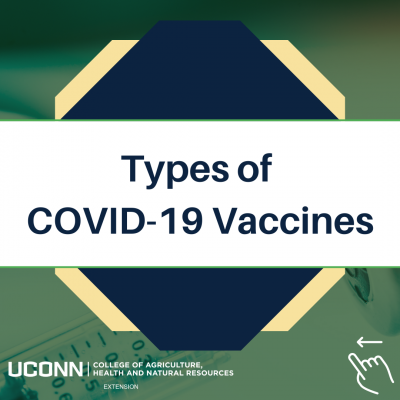
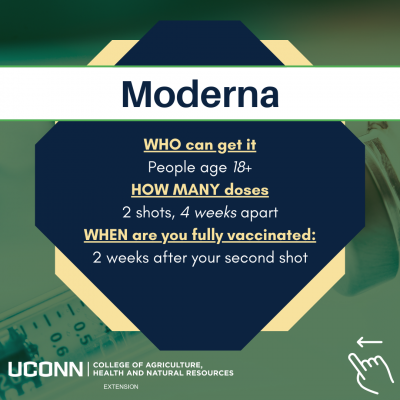
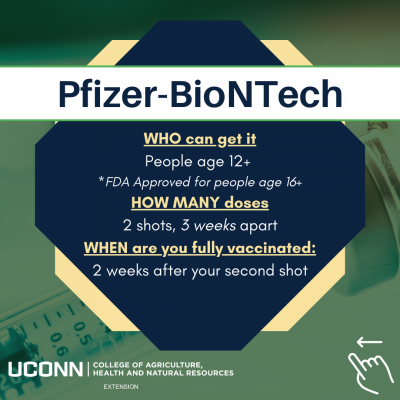
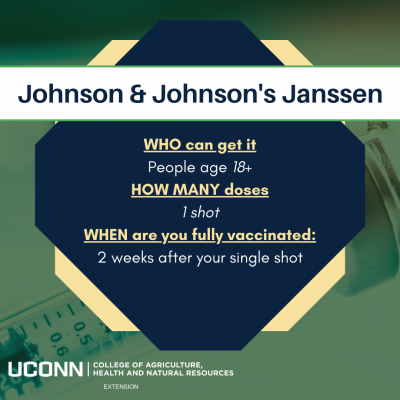
What do I need to know about the COVID-19 booster?
The FDA has authorized the distribution of the Pfizer-BioNTech booster shot. Here's what you should to know.
What is the history of vaccines?
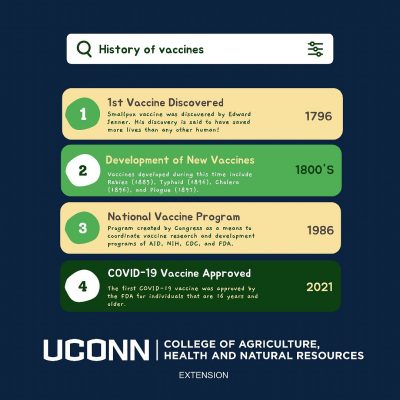
Why We Vaccinated
Why We Vaccinated
Kimberly Bradley

Shuresh Ghimire
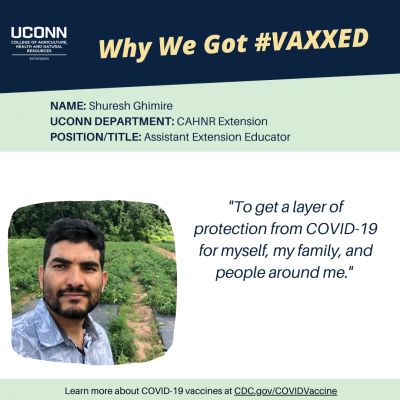
Bob Ricard
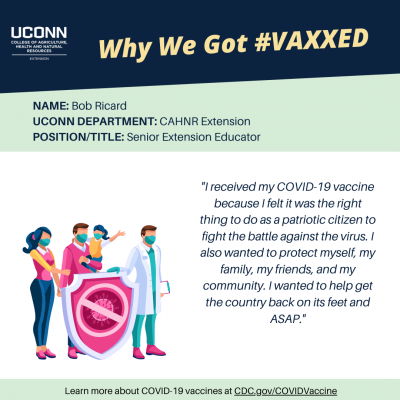
Laura Cisneros
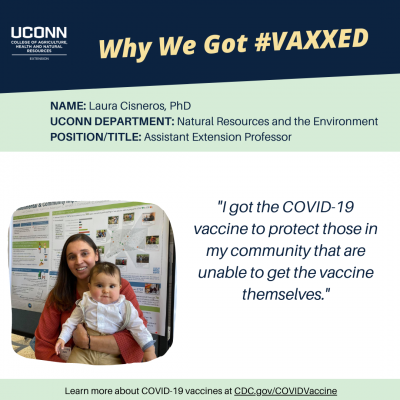
Mary Concklin
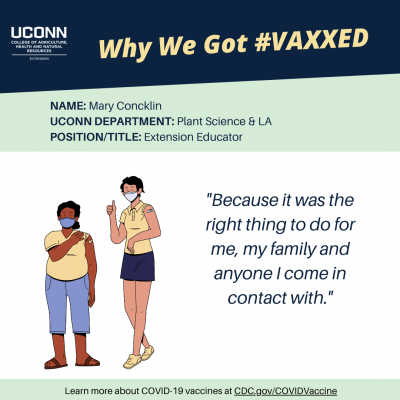
Gail Reynolds
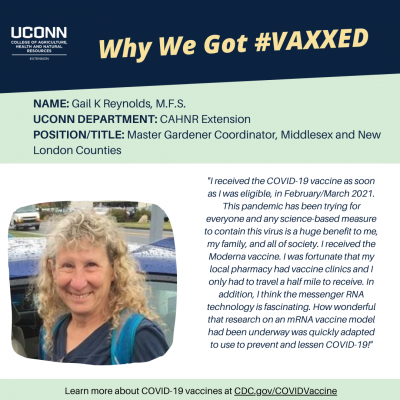
Michelle Winkler
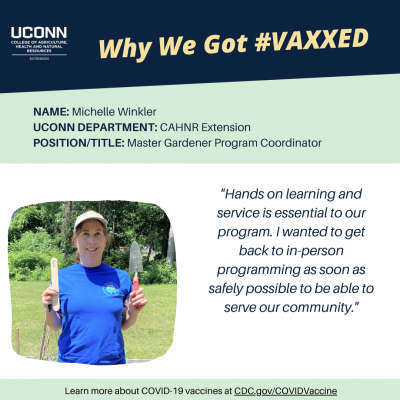
Tom Worthley
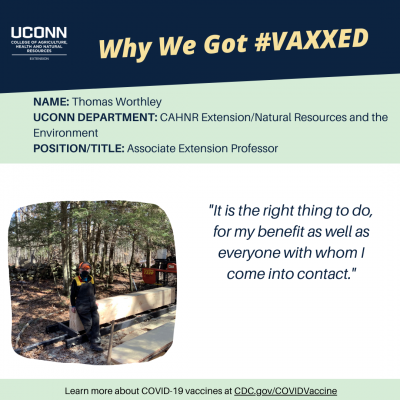
Kate Killion

Jenifer Nadeau
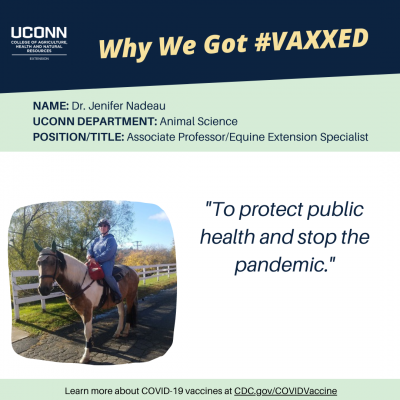
Sharon Gray
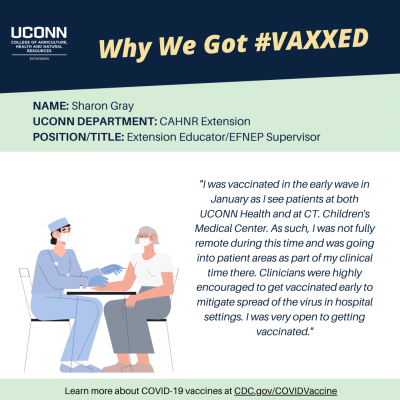
Emily Alger

Donna Zigmont
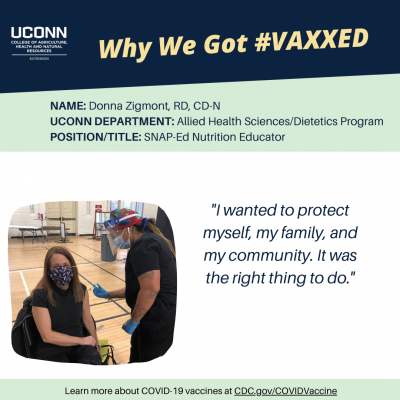
Stacey Stearns
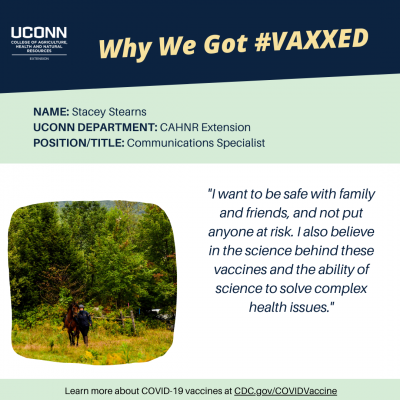
Kim Rollins
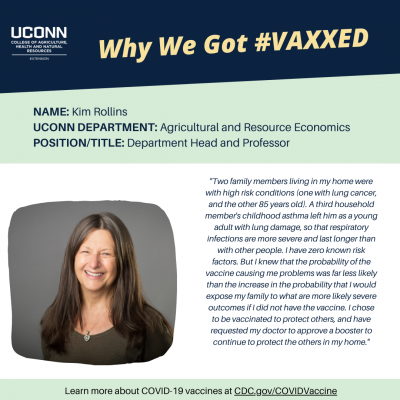
Additional Resources
Project Leader
Jen Cushman
Funding Acknowledgement
Funding for this project was made possible by the Extension Foundation, USDA-NIFA, the Centers for Disease Control and Prevention, and UConn Extension.


